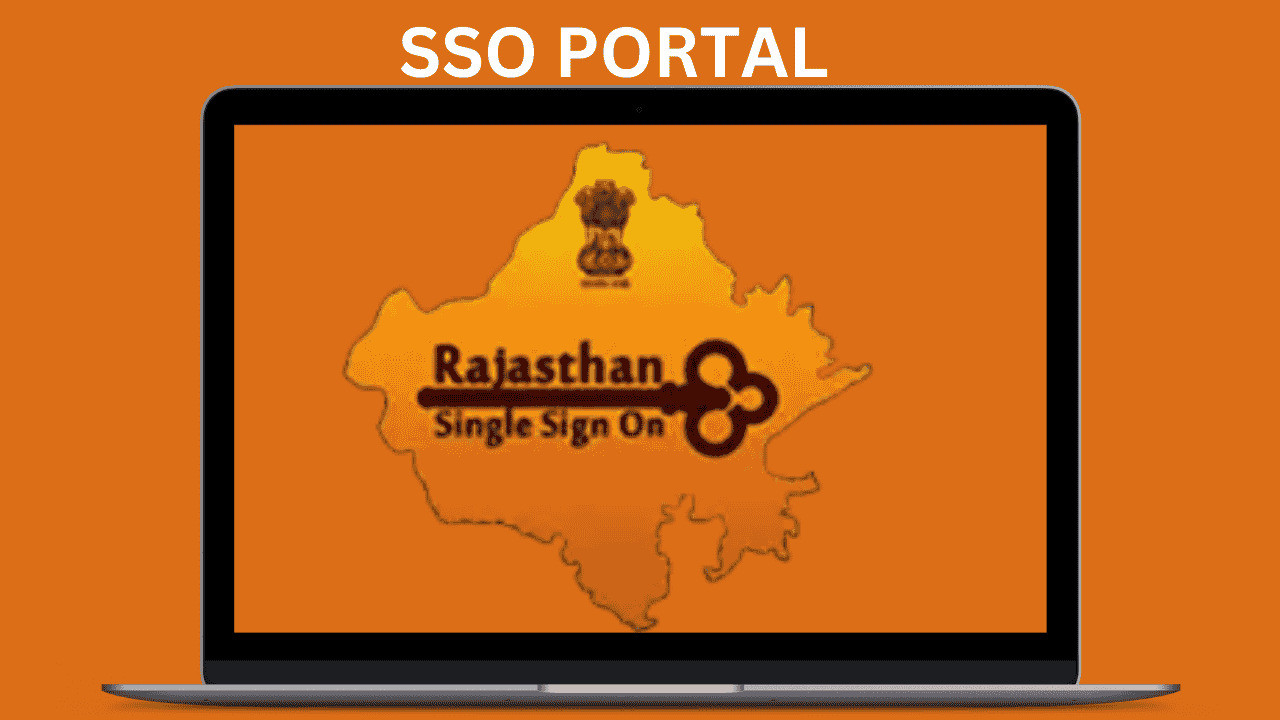Single Sign-On (SSO) is a widely used authentication method that allows users to log in once and gain access to multiple applications or systems without needing to authenticate again. This is particularly beneficial in enterprise environments where employees use numerous software tools daily. SSO improves security by reducing the need for multiple passwords, decreasing the likelihood of phishing attacks and credential leaks. It also enhances user experience by eliminating the frustration of managing multiple logins. However, a single point of failure exists—if an SSO provider is compromised, all connected services could be at risk. To mitigate this, organizations implement multi-factor authentication (MFA), session timeouts, and strict access controls. SSO is often integrated with identity providers like Microsoft Azure AD, Google Workspace, and Okta, using protocols such as SAML, OAuth, and OpenID Connect. While SSO simplifies authentication and improves efficiency, it requires a well-structured security framework to prevent unauthorized access and ensure data protection.


